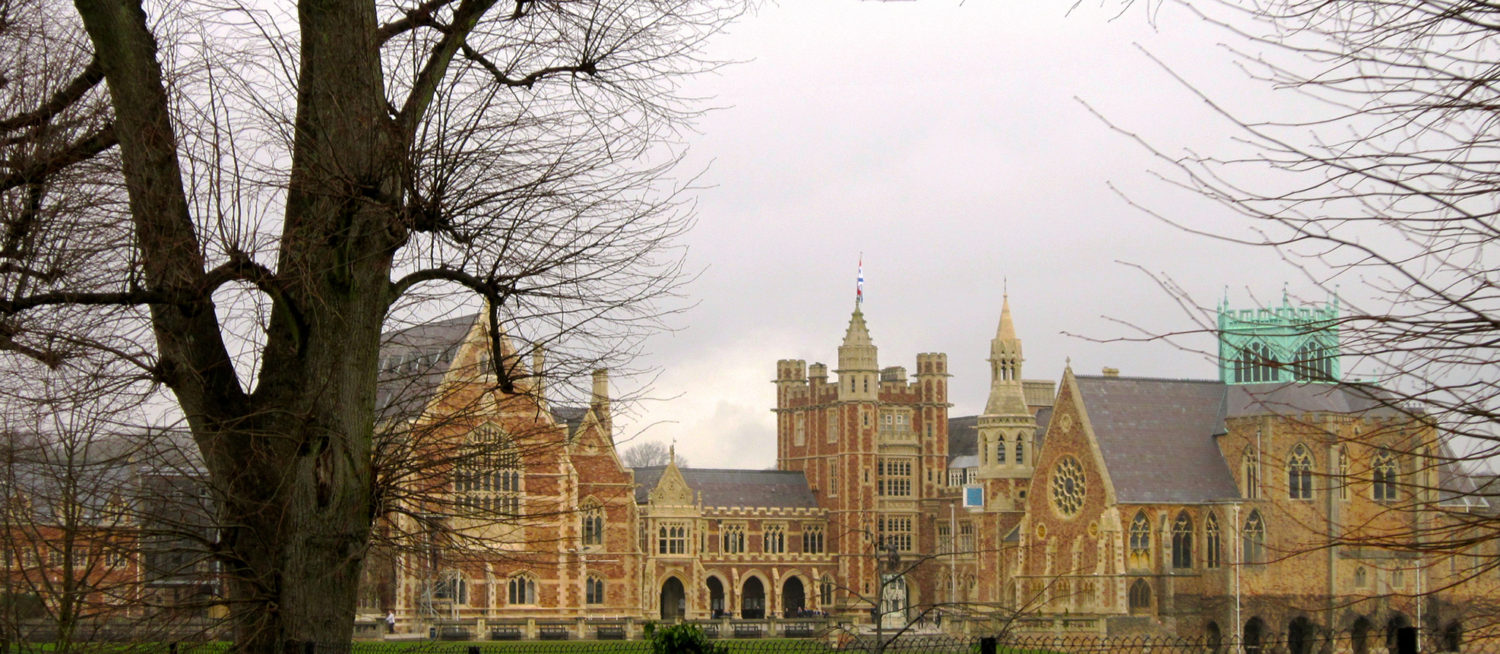For The Many?: George
For The Many? takes an in-depth look at Labour's changing electorates based on 6 case studies. George is 24 and a student at the University of Bristol.
I meet George at his student flat in Montpelier, Bristol. He rents his room from a friend who bought the flat thanks to an inheritance. I am offered a cup of redbush tea with soya milk, and we start to talk across the large wooden table in his kitchen.
The first thing George tells me is how much he loves his degree. He’s older than his peers, having had a false start on a drama course, but he’s found his calling studying chemistry. His perfect day would be in the university labs, and he wants to be a lecturer one day. He holds this ambition because it would be “pretty cool to be able to talk about the thing that you love with people who are genuinely interested”.
George grew up 10 minutes down the road from his flat, and only recently moved out from his parents’ home. He is one of four children, and both of his parents worked in education. He attended local comprehensive schools, but didn’t discover his ‘academic side’ until recently. He feels guilty he didn’t do better at school telling me that: “It feels so arrogant now because you think of more disadvantaged kids who didn’t go to as good a school as me and it’s a bit obnoxious, it’s very obnoxious, not to take that opportunity.”
After a happy hour spent immersed in his lab project, George rejoins me at a local bakery. Over the din of students recounting the adventures of the night before, we talk about the values that he lives his life by. Fairness and compassion were the dominant themes. He tells me he tries to give people the benefit of the doubt, not to lose his temper, and to put himself in the shoes of people less fortunate than him. He knows the names of his neighbours, but doesn’t prioritise building relationships in his community. Growing up in Bristol helped shape him because he thinks it gave him a wider worldview and a positive approach to diversity: “If I had grown up in the countryside… I would have a narrower view than I do now.”
Later, in another independent coffee shop, we talk about the 2017 election. George remembers walking to the polling station around the corner, and his dad coming round after the exit poll to discuss what the result meant. He tells me the candidate he voted for was Corbyn – the ‘first politician, in my lifetime, to actually seem like a real person’. “I think people pick up on when someone is a genuinely nice person.”
George decided ‘years ago’ that he was going to support the Labour party. The most important factor in this decision was the fact that both his parents are Labour. The values he was brought up to hold, equality and fairness, are, he says, ‘intrinsically linked’ to his political decisions. But he was keen to stress his own agency in this decision, arguing that while people are influenced by their childhood when they reach adulthood they have to make a decision for themselves about whether to stick with their parents’ views. “I’ve got to that age and I do still agree with them.”
Despite his strong Labour identification, I’m struck by George’s practical approach to politics. He’s concerned by the ‘Oh Jeremy Corbyn’ song he’s heard people sing because ‘no politician should have their name chanted’. He doesn’t describe himself as emotionally close to the Labour party, but says he’s chosen them because they most closely match his values. He’d consider voting Green in the future if Labour ‘moved away from’ his values, and would vote tactically to stop the Conservative party. George has a strong emotional response to the Conservative party. They are ‘concerned with lining the pockets of richer people’, ‘selfish’ and ‘greedy’. He couldn’t conceive of ever deciding to vote Conservative, and said his friends would disown him if he did.
We finish the day in a pub. George is uncomfortable as I ask him about any Labour policies he particularly admires. He wishes he knew more about Labour’s policy offer, and says if he’d known I was going to ask him about it he would have ‘done some research’. He doesn’t like the idea that people might think he’s decided to vote Labour without knowing ‘enough’ about politics.
George is a scientist, determined to demonstrate that he’s making rational choices. But I’m left with the strong sense that his politics are instinctive and emotional. He wants society to be fairer and more equal. Supporting the Labour party is one way he can help make that happen, but it is not the only party he’d consider.
This interview is taken from For The Many? You can read the report here.
To read the interview with Devon, click here.
To read the interview with David, click here.
To read the interview with Mary, click here.
To read the interview with Michael, click here.
To read the interview with Yasmin, click here.


